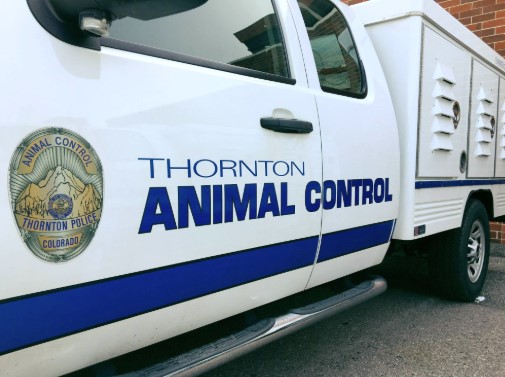In Springfield, the work of animal control officials can often lead to heart-wrenching moments that test their emotional resilience. Renee Robichaud, a supervisor at the Thomas J O’Connor Animal Control & Adoption Center, has opened up about the psychological toll of witnessing alleged animal abuse while performing her duties. In a candid reflection at the end of a long shift, she expressed the conflicting emotions she grapples with daily.
Robichaud stated that some days, the grim realities of her job weigh so heavily on her that all she desires is to return home, embrace her own dog, and let the tears flow. “When we see abuse, we get mad,” she said, acknowledging the profound frustration that accompanies her work. Yet she added that the expression of those emotions is often suppressed on the job, suggesting a chronic cycle of sorrow and anger that is part and parcel of her responsibilities.
The remarks come amid a broader conversation about the treatment of animals in local communities, where reports of neglect and mistreatment reportedly abound. In her role, Robichaud has undoubtedly encountered numerous cases that would shake anyone to their core. These incidents, which she keeps confidential, are said to vary from neglectful care to outright cruelty, leaving many animals in dire circumstances that provoke public outrage.
Witness accounts and social media sentiments often amplify these concerns, where members of the community allege that the protection of animals is not always prioritized. Robichaud’s impassioned statement underscores an urgent need for comprehensive discussions around animal welfare policies. While her role mandates a composed demeanor in the face of trauma, the emotional burden appears to be mounting among those in animal control.
The Thomas J O’Connor facility, which aims to provide sanctuary and care for animals in need, is becoming increasingly tasked with finding solutions to rampant abuse. This raises pressing questions about resource allocation, staffing levels, and the efficacy of existing animal protection laws. There is speculation among animal advocates that systemic changes are essential to curb the cycle of abuse that Robichaud and her colleagues are forced to confront regularly.
The effects of this emotional burden can be profound, leading to high levels of stress and burnout among animal control workers like Robichaud, who maintain the delicate balance of compassion for animals with the professional requirement to manage their breaking hearts in silence. As reported by Robichaud, the shared experiences of her colleagues are similarly troubling, as they too wrestle with their emotional fallout.
As public awareness grows around the importance of animal welfare, the plight faced by those in control facilities is beginning to attract attention. Advocates for animal rights are reportedly pushing for reforms that could alleviate the institutional challenges faced by animal control centers, promising a brighter future for the animals they serve.
While Robichaud’s touching admission may resonate deeply with the local community, it highlights a larger issue: the ongoing struggle against the reported epidemic of animal abuse that remains pervasive in society. Her remarks serve as a poignant reminder of the work that still lies ahead in both protecting vulnerable animals and supporting the professionals dedicated to their well-being.

